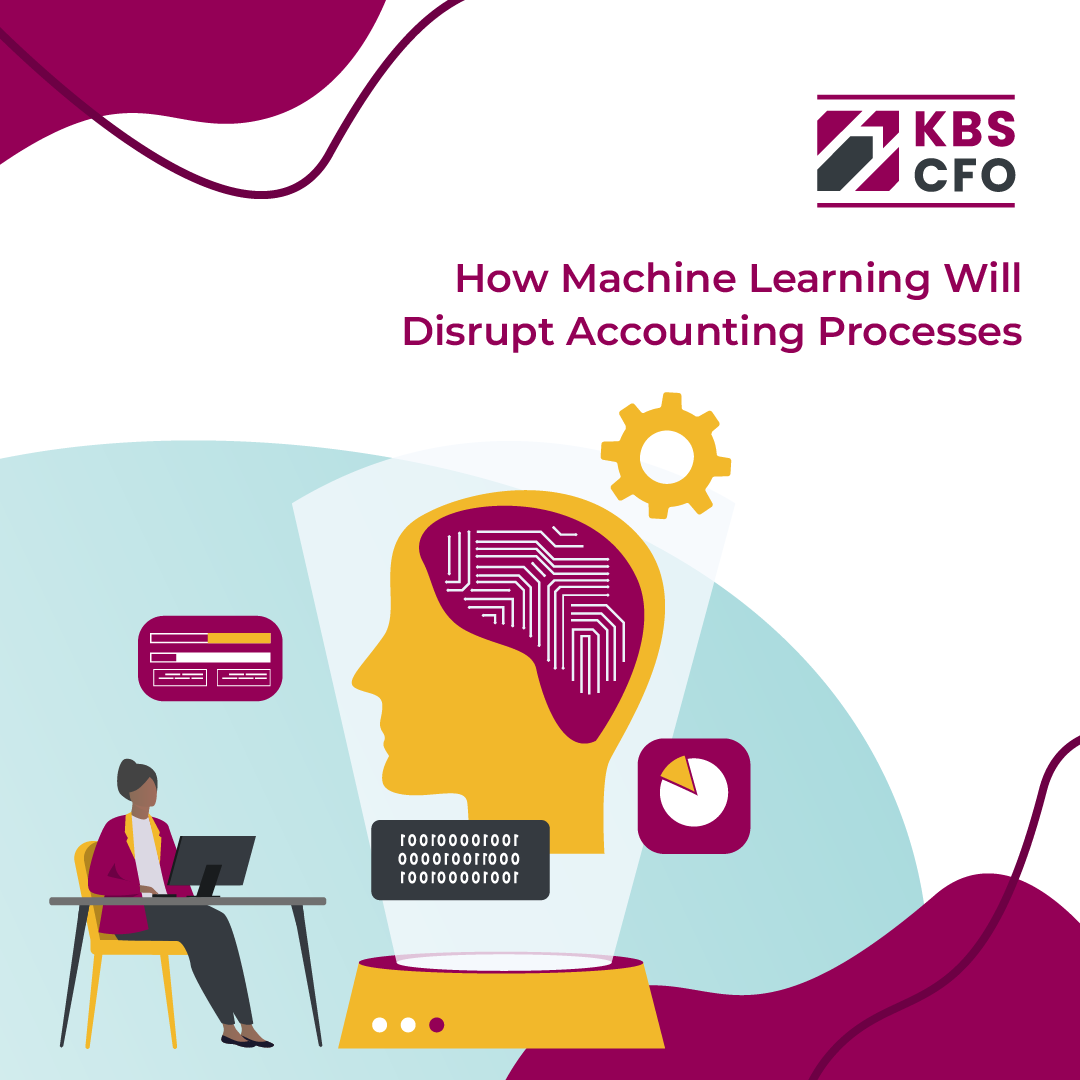Blog

How Machine Learning Will Disrupt Accounting Processes
You would need to wear noise canceling earphones all day or stick your head in the sand to avoid conversations concerning artificial intelligence (AI). Who isn’t talking about Chat GPT, the AI tool that creates human-like language? We are already seeing how these technologies are infiltrating and disrupting many industries.
But what about accounting? Will the machines come for accounting tasks as well? Yes, and I for one, am embracing the possibility. Machine learning has numerous possible applications in accounting and auditing.
Machine Learning in Accounting
Let’s consider some ways by which machine learning is already disrupting the accounting sector.
Robotic Process Automation (RPA)
Machines can do the boring stuff. With the advancements in AI, we can delegate routine, menial tasks like data recording, reconciliation, and reporting. This will allow us to focus our time on the higher level analysis that benefits our clients.
Data Analytics and Scaling
Machine learning allows computers to run through large pools of data to identify patterns. These patterns lead to rules that we can scale up or down to analyze new data entries as they are included. More data leads to more learning, making the system more sophisticated over time. AI will make us better equipped to forecast a variety of scenarios with refined data models.
Error Reduction and Fraud Detection
We are human and we can make mistakes. Some of these may have been avoidable and could lead to severe consequences. AI and machine learning allows records to be compiled and logged meticulously with precision that is difficult for humans. This will make our work easier whether we work with an agency or as virtual CFOs. We can cut down on reporting expenses for our organizations.
Machine learning will also be instrumental in the advancement of fraud detection. Computers can pick up on discrepancies in the data entry quickly.
Risks of adopting machine learning
Based on all of the factors above, I see AI as a net positive. By embracing Machine Learning we will be able to do our work more efficiently saving our clients money and creating a more streamlined workflow. However, this brave new world is not without potential problems.
Even if machines can learn, they don’t have the capacity to think like humans. A computer only learns as much as it has been taught. This means that in the face of new data or information, it will have no database to refer to for present analysis. Also, if the past information provided was wrong and no correction was made, the wrong result becomes the standard. Therefore, it would take a learned (and likely human) eye to optimize results.
New technology should be received with an appreciation for the promise that it presents. Machine learning has great potential for the accounting sector and it is here to stay. But, as with most technology, this is a tool for a human, not a replacement.
At KBS CFO we believe that every business is different and we are committed to developing foolproof strategies that work. We are exploring the possibilities of an AI-conscious industry and how this will help us to serve our clients better. Reach out to us with your inquiries concerning how to meet your business objectives in a changing industry.
